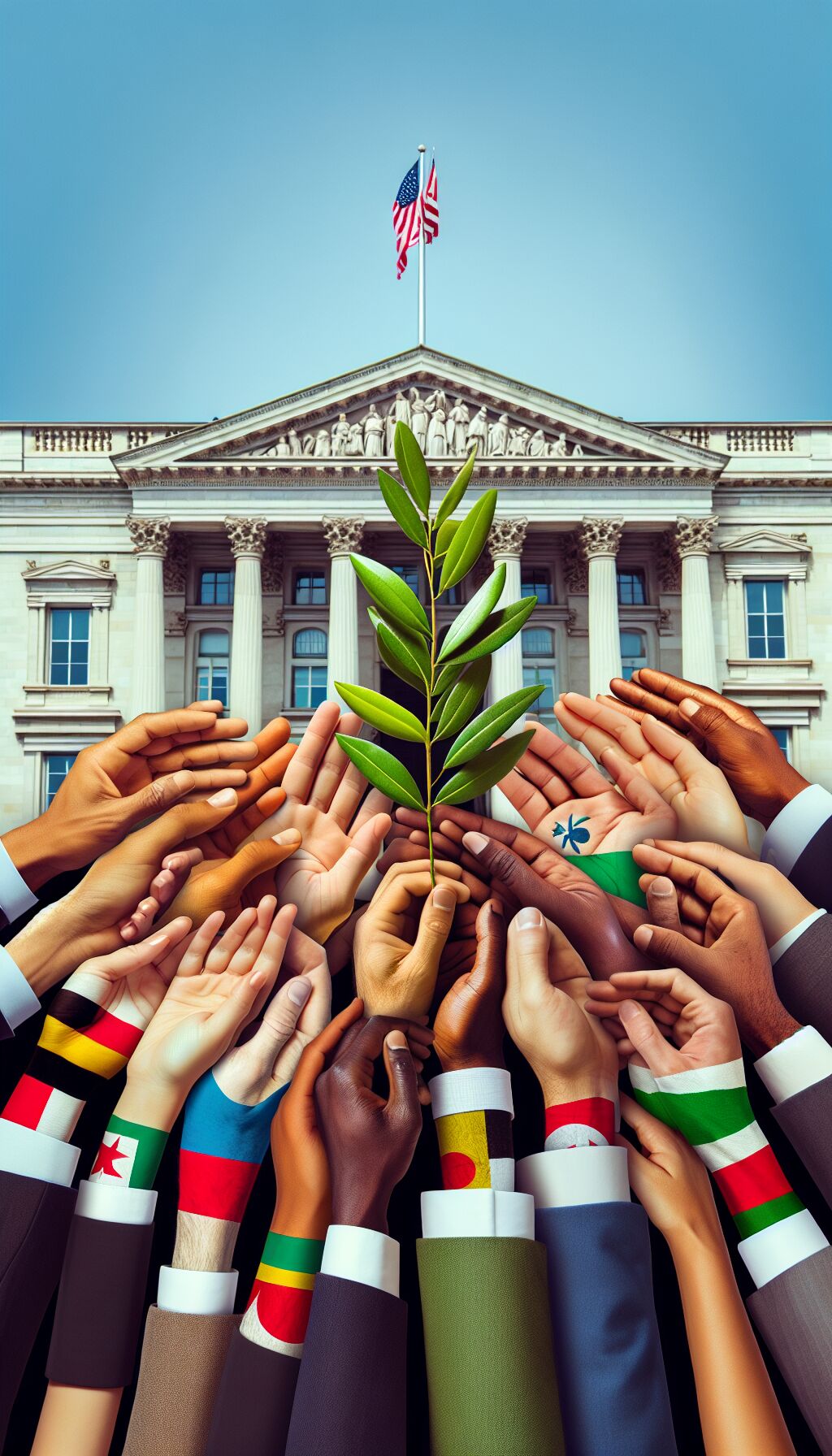Biden Administration Lifts Cuba’s Designation as State Sponsor of Terrorism
The Biden administration has officially lifted Cuba’s designation as a state sponsor of terrorism, reversing a controversial decision made by the Trump administration just prior to President Biden taking office. The announcement was made on Tuesday and is expected to have significant implications for U.S.-Cuba relations.
Background on Terrorism Designation
Cuba was designated as a state sponsor of terrorism in January 2021. This move came just a few days before President Biden was inaugurated, during a period marked by heightened tensions between the U.S. and the Cuban government. At that time, the U.S. Embassy in Cuba accused the country of providing “repeated support for acts of international terrorism” and granting safe harbor to terrorists.
The Trump administration justified its designation by stating it aimed to deny the Cuban government resources it used to oppress its people and interfere in regional matters, particularly in Venezuela. The declaration aimed to hold the Castro regime accountable while sending a firm message that it must cease its support for international terrorism.
Biden’s Justification for Lifting the Designation
President Biden’s decision to lift the designation was reportedly part of a larger agreement facilitated by the Catholic Church, aimed at securing the release of political prisoners in Cuba. In a formal certification issued later on Tuesday, Biden stressed that the Cuban government had not provided any support for international terrorism during the preceding six-month period and had assured the U.S. it would not engage in such activities in the future.
The White House released a national security memo stating that the United States seeks “more freedom and democracy, improved respect for human rights, and increased free enterprise in Cuba.” The memo emphasized the need for practical engagement with Cuba and its people, reflecting a shift in strategy from purely punitive measures to a more diplomatic approach.
Reactions from Lawmakers
The lifting of the state sponsor of terrorism designation has been met with a mixed response from U.S. lawmakers. Senator Marco Rubio, a prominent Cuban-American politician, expressed his support for the lifting of the designation, reflecting on the ongoing struggle for freedom among the Cuban people after more than six decades of communist rule. He called the recent protests a historic moment and urged continued support for the Cuban populace in their quest for democracy.
Conversely, Senator Ted Cruz, a Texas Republican, criticized the Biden administration’s decision as “unacceptable on its merits,” arguing that the terrorism propagated by the Cuban regime had not ceased. Cruz pledged to work with former President Trump and fellow lawmakers to reverse the decision and mitigate its consequences.
Historical Context of Cuba’s Terrorism Designation
Cuba was first designated a state sponsor of terrorism in 1982. This designation was lifted in 2015 under the Obama administration as part of a broader strategy to normalize relations with the island nation. Since then, Cuba has maintained close ties with several countries classified as state sponsors of terrorism by the U.S., including Iran and North Korea. Reports have indicated that the Cuban regime continues to host leaders of groups associated with terrorism and has provided refuge to various fugitives sought by U.S. authorities. The U.S. State Department has expressed concern about these longstanding relationships.
Implications for Cuba-U.S. Relations
The lifting of the state sponsor of terrorism designation could pave the way for a new chapter in U.S.-Cuba relations. With President Biden advocating for increased engagement and dialogue, there is potential for significant policy shifts that could affect travel, trade, and financial transactions between the two nations. However, it remains to be seen how the Cuban government will respond to these changes and whether they will lead to tangible improvements for the Cuban people.
Officials within the State Department declined to comment on the matter as inquiries continue from various media outlets, including Fox News Digital. The implications of this decision are likely to unfold in the coming months, especially as the Biden administration grapples with broader foreign policy challenges in Latin America and beyond.
A Look Ahead
As the situation develops, the international community will be closely monitoring the impact of the U.S. decision on both Cuba and the broader region. Advocates for human rights in Cuba are hopeful that the administration’s shift in policy will foster an environment conducive to political reform and greater freedoms for the Cuban people. However, critics remain wary of the potential for the Cuban government to exploit this diplomatic opening without making meaningful concessions regarding human rights and governance.
Fox News’ Caroline McKee contributed to this report.










